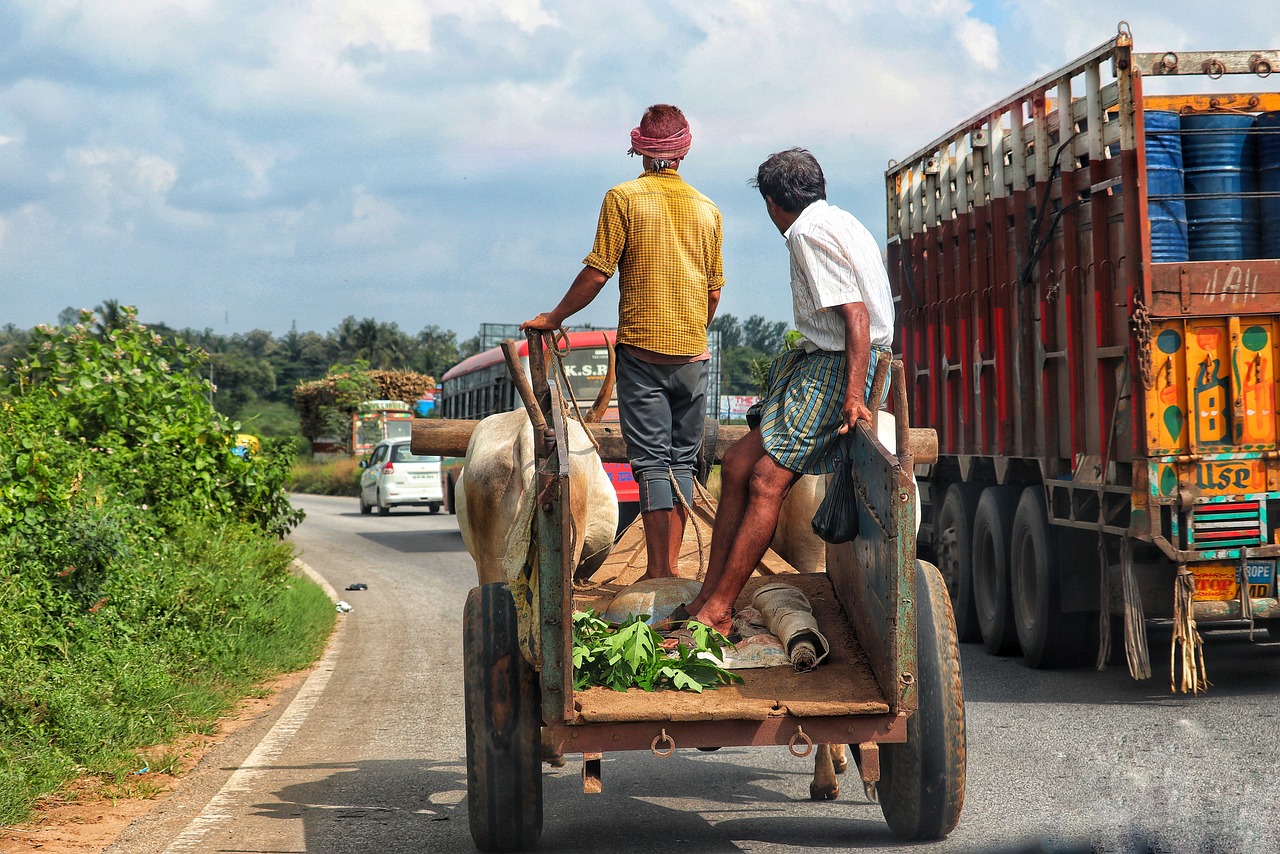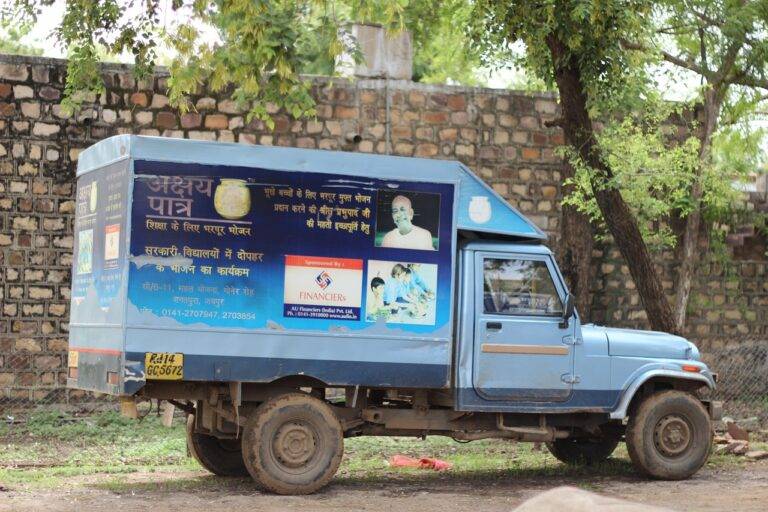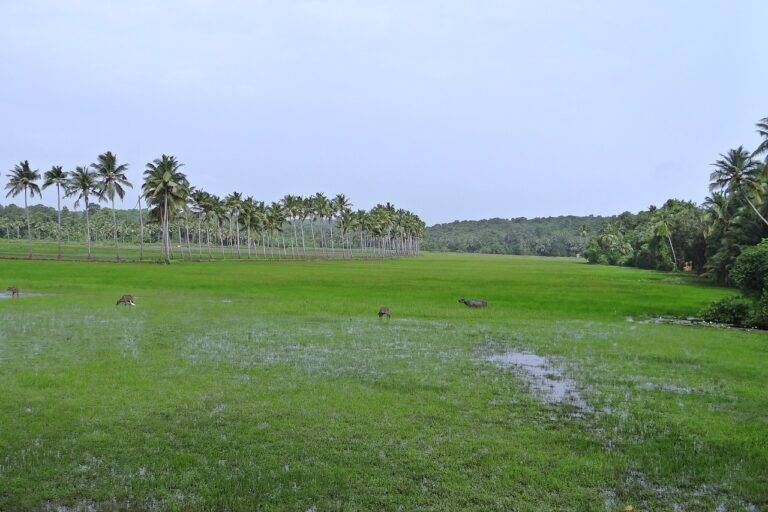Assessing the Role of Election Observers in Ensuring Fair and Transparent Elections
Election observers play a crucial role in promoting transparency and credibility in the electoral process. By monitoring voting procedures, they help ensure that elections are conducted fairly and in accordance with democratic principles. Their presence serves as a deterrent to fraud and irregularities, ultimately contributing to the legitimacy of election outcomes.
Moreover, election observers provide valuable feedback and recommendations to improve future electoral processes. Their reports and assessments serve as a basis for identifying areas of improvement and implementing necessary reforms. By highlighting both strengths and weaknesses in electoral practices, observers help strengthen democracy and promote public trust in the electoral process.
The History of Election Observation
Election observation dates back centuries when societies started to acknowledge the importance of fair and transparent electoral processes. The practice of sending impartial individuals to monitor elections began as a means to ensure the integrity of democratic practices. Over time, election observation evolved into an essential component of modern democracy, contributing to the credibility and legitimacy of electoral outcomes.
The origins of election observation can be traced to various regions around the world, with different cultures and societies developing their own methods of monitoring elections. Today, election observation has become a global phenomenon, with international organizations, non-governmental organizations, and individual countries actively participating in observing elections in different nations. The history of election observation highlights its significance in promoting democracy and upholding the principles of free and fair elections.
• Election observation dates back centuries
• Practice started to ensure integrity of democratic processes
• Evolved into essential component of modern democracy
• Origins can be traced to various regions around the world
• Global phenomenon with international organizations, NGOs, and countries participating in observing elections
The Qualifications of Election Observers
Election observers play a crucial role in ensuring the integrity and transparency of electoral processes. To effectively carry out their duties, observers must possess certain qualifications. Ideally, election observers should have a background in political science, law, or a related field to understand the intricacies of the electoral process and any legal frameworks that govern it. Additionally, having prior experience in observing elections, either domestically or internationally, can provide valuable insights and expertise when monitoring voting procedures.
Moreover, election observers must demonstrate neutrality and impartiality in their work. It is essential that observers do not have any conflicts of interest that could compromise their ability to objectively assess the electoral process. Being able to maintain professionalism and adhere to a strict code of conduct is paramount for election observers to uphold credibility and trust in their assessments. Additionally, strong communication skills are crucial for observers to effectively report their findings and observations in a clear and concise manner.
Why are election observers important?
Election observers play a crucial role in ensuring that elections are conducted fairly and transparently. They help to prevent fraud, intimidation, and other irregularities that could compromise the integrity of the electoral process.
What is the history of election observation?
Election observation dates back to the 19th century, with the first official international observation mission taking place in 1958. Since then, election observation has become a widely accepted practice to promote democracy and uphold human rights.
What qualifications do election observers typically have?
Election observers are usually selected based on their expertise in areas such as law, political science, international relations, and human rights. They must also have a strong understanding of the electoral process and be able to remain impartial and objective in their observations.







